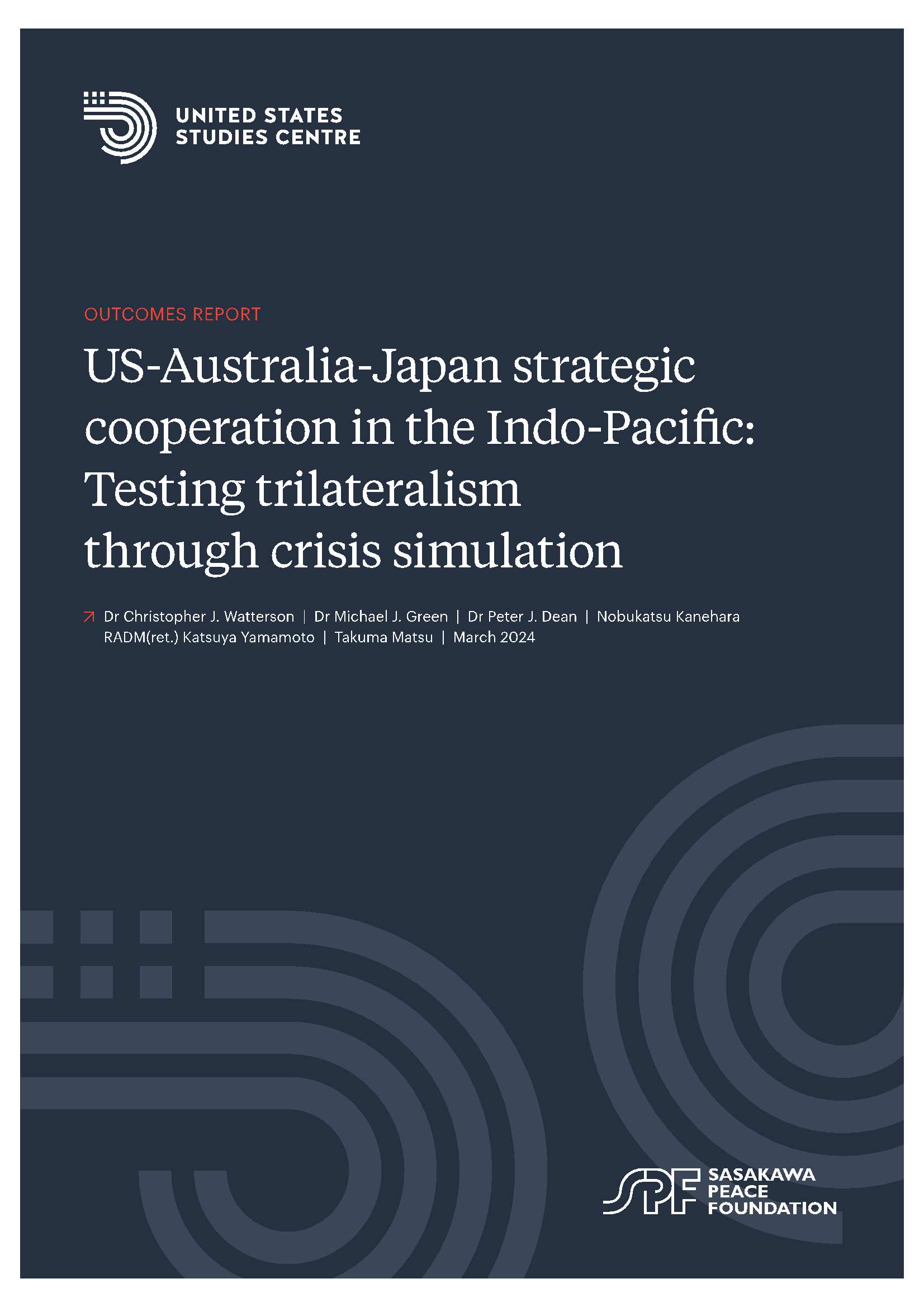The Sasakawa Peace Foundation's project
" Shaping the Pragmatic and Effective Strategy toward China" (2020-) aims to deter Chinese military adventurism, maintain a rules-based order in the Indo-Pacific region, continue the current economic prosperity of the United States and Japan, and guide China toward becoming a rules-oriented player in the region. The members of the project have discussed topics such as China's domestic politics and economy and future prospects, export control of sensitive technologies, the security environment in the East Asian region, and challenges to U.S.-Japan alliance cooperation. As a result of this research, we are now issuing policy proposal, "Shaping Pragmatic and Effective Strategy Toward China”.
Click
here to download the policy proposal.
※You can read Japanese version
here.
Proposals
Proposal 1: Japan and the U.S. coordination for the long-standing competition with China
Proposal 2: How narratives of defending the rules-based international order can help in winning the soft power competition with China
Proposal 3: We must rebuild our global policy to deal with China
Proposal 4: The establishment of Japan and the U.S. Track 1.5 dialogue for military resilience
Proposal 5: Japan and the U.S. cooperation for securing Japan’s Southern Flank
Proposal 6: Formulation of new Japan-U.S. joint procedure adjustments in response to changes in Japan’s defense policy
Proposal 7: Facilitate U.S.-Japan-Australia-ROK Coordination
Proposal 8: Champion–regional digital economy rules
Proposal 9: Costs associated with regulations on technology and product transfers to China should be minimized
Proposal 10: Establish Economic Policy Consultative Committee (EPCC) Embassy Coordination Teams
Proposal 11: The grand strategy of security, economic security and economy for Japan and the U.S.
Authors (alphabetical order)
Eric Heginbotham, Principal Research Scientist at MIT’s Center for International Studies
Matake Kamiya, Professor, National Defense Academy of Japan
Kazuko Kojima, Professor, Keio University
Susumu Nakamura, Senior Visiting Fellow, Sasakawa Peace Foundation / Senior Researcher of Keio Research Institute at SFC
Heigo Sato, Professor, Faculty of International Studies & Institute of World Studies Takushoku University
James L. Schoff, Senior Director, Sasakawa Peace Foundation USA
Mireya Solís, Director, Center for East Asia Policy Studies, The Brookings Institution
Nicholas Szechenyi, Senior Fellow, Japan Chair and Deputy Director for Asia, CSIS
Toshiya Tsugami, Adjunct Fellow, Japan Institute for International Affairs
Tsuneo Watanabe, Senior Fellow, Sasakawa Peace Foundation
Noboru Yamaguchi, Professor, International University of Japan
The views expressed in this report are those of the authors and do not necessarily represent the views of the organizations with which they are affiliated or the Sasakawa Peace Foundation.
Working papers by project members

